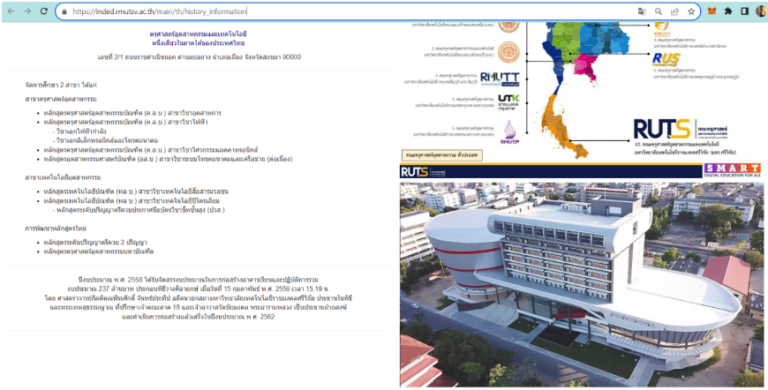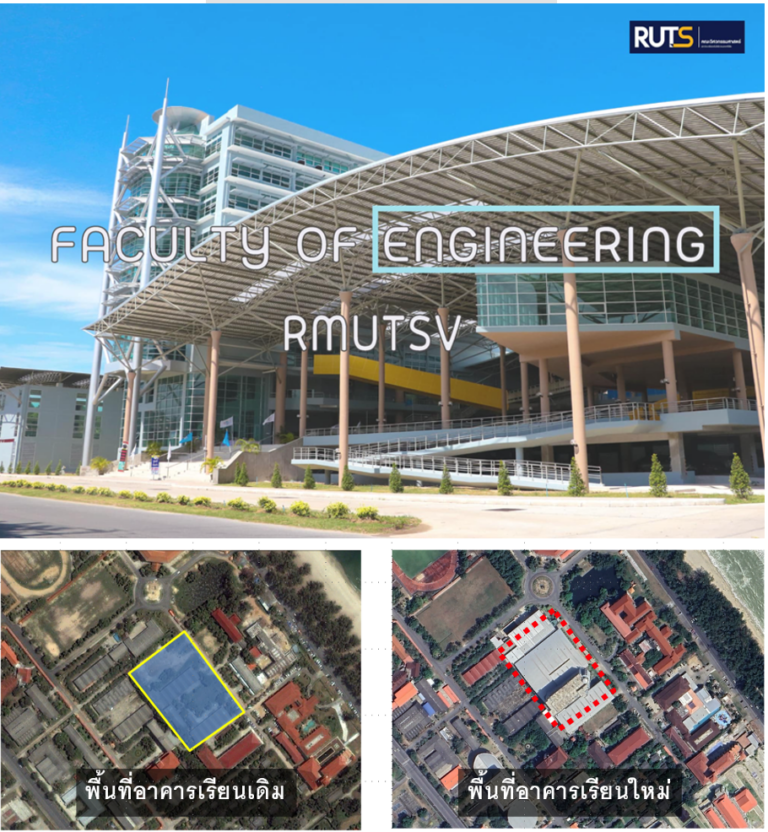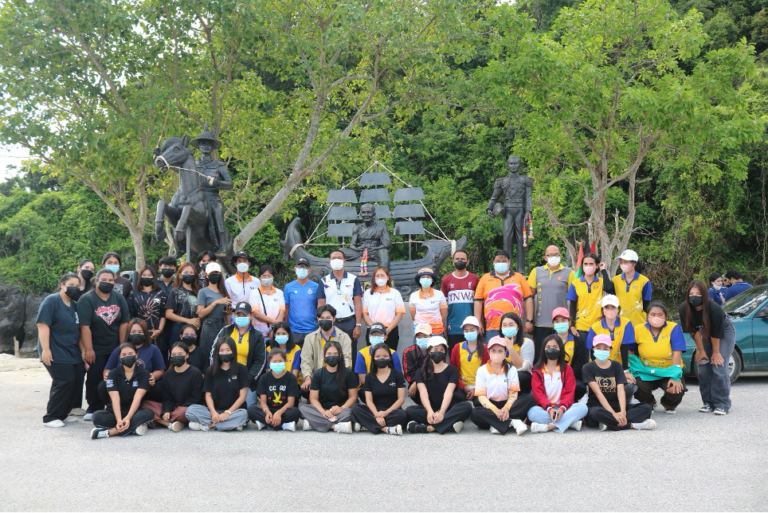Reporters : Dr. Chanyut Sudtongkong, Miss. Kanokwan Juhong, Miss. Hathaitip Tongdoung
Indicator : 14.4.3
Date : October 26, 2022
Related SDGs:
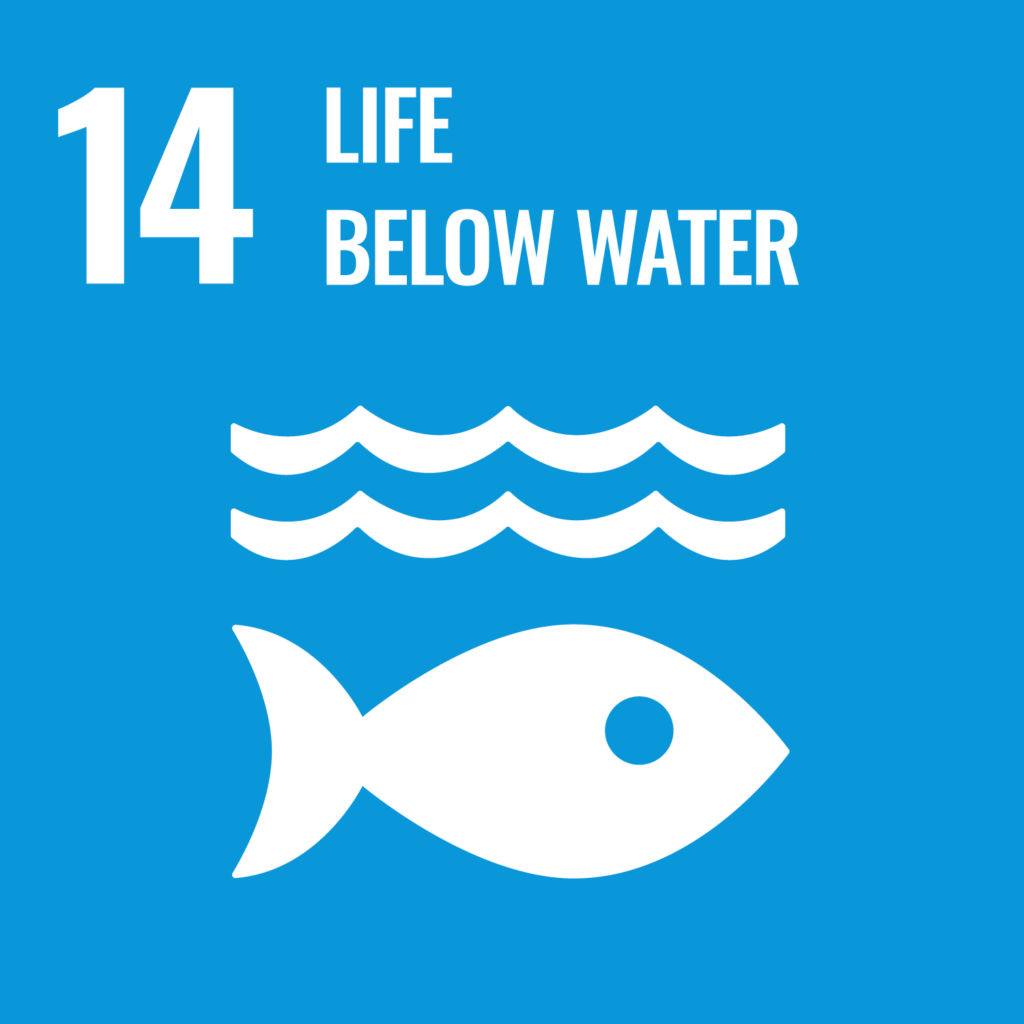
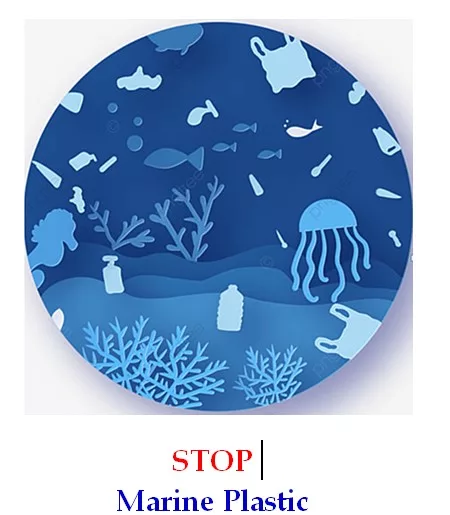
Annually, over 300 million metric tons of plastic are manufactured for a diverse range of applications. At least 14 million metric tons of plastic ultimately enter the marine environment. Approximately 80% of all marine debris is plastic, and it can be found from surface waters to the deep seabed. Urban and inadequate waste management, industrial activity, construction, and illegal dumping are the primary sources of plastic debris detected in the ocean.
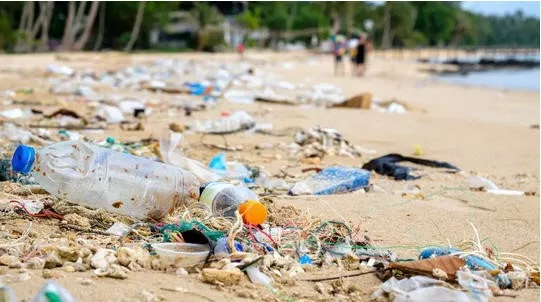
Plastic pollution can entangle and suffocate marine animals, leading to death or debilitating injuries. It can also be ingested by marine animals, which can block their digestive tracts and cause malnutrition and starvation. Plastic pollution can also leach harmful chemicals into the marine environment, which can bioaccumulate in marine food webs and ultimately reach humans through seafood consumption.
In addition to its direct impacts on marine life and human health, plastic pollution also has indirect economic and social consequences. For example, plastic pollution can damage coastal tourism by making beaches and waterways unsightly and unsafe for recreation. It can also reduce the productivity of fisheries by clogging fishing nets and gear.
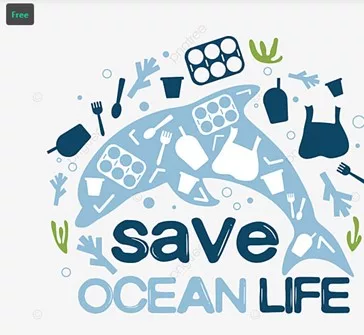
Marine wildlife, including seabirds, whale, fish, and turtles, frequently mistake plastic waste for prey and ingest it. This can result in starvation, as their stomachs become obstructed with plastic and are unable to digest it. Additionally, plastic can cause lacerations, infections, reduced swimming ability, and internal injuries in marine animals.
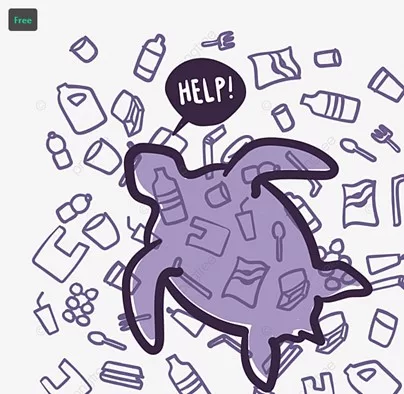
Rajamangala University of Technology Srivijaya (RUTS) is committed to achieving the United Nations’ Sustainable Development Goals (SDGs) via our policies and operations. The RUTS has policies, action plans, and activities in place to reduce plastic waste and marine litter. The activities to reduce plastic trash and marine debris are usually conducted by students, faculty staffs, and a variety of partners of RUTS.
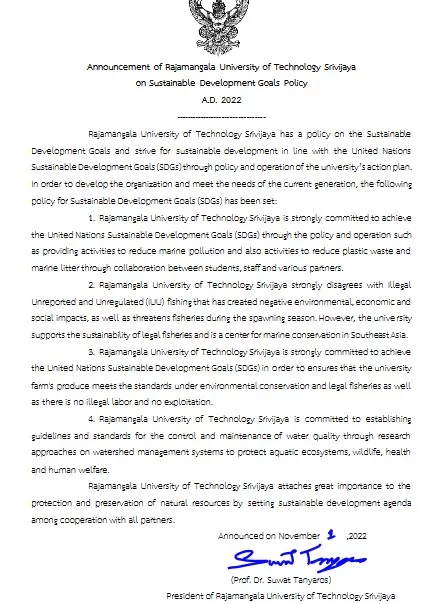
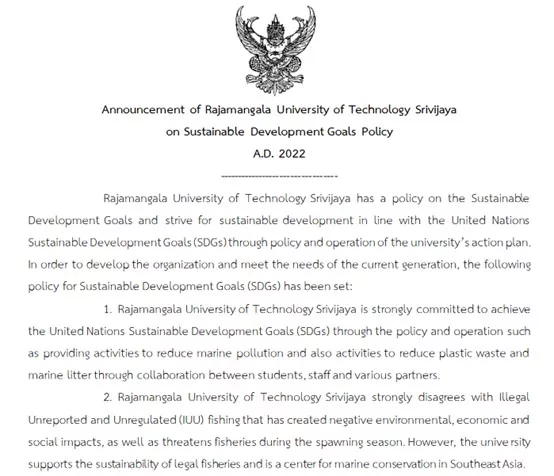
Some examples of specific activities that RUTS could undertake include:
– Green University program to collect and recycle plastic waste and ban on single-use plastic bags in all RUTS campuses
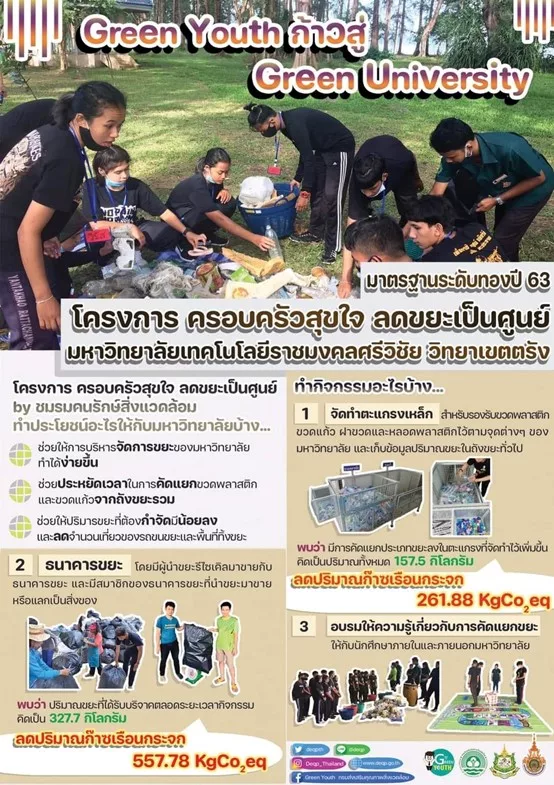
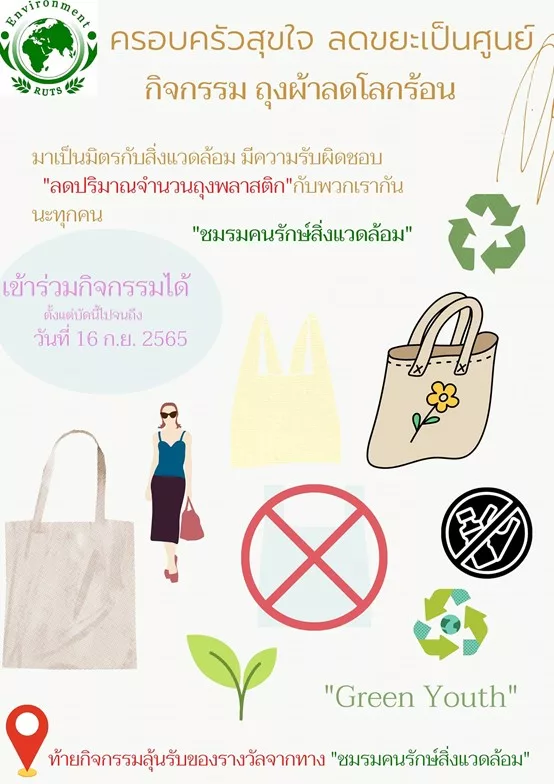
– Campaign to raise awareness of the dangers of marine pollution and to encourage people to reduce their plastic consumption
– Cleaning up beaches and other coastal areas of marine debris
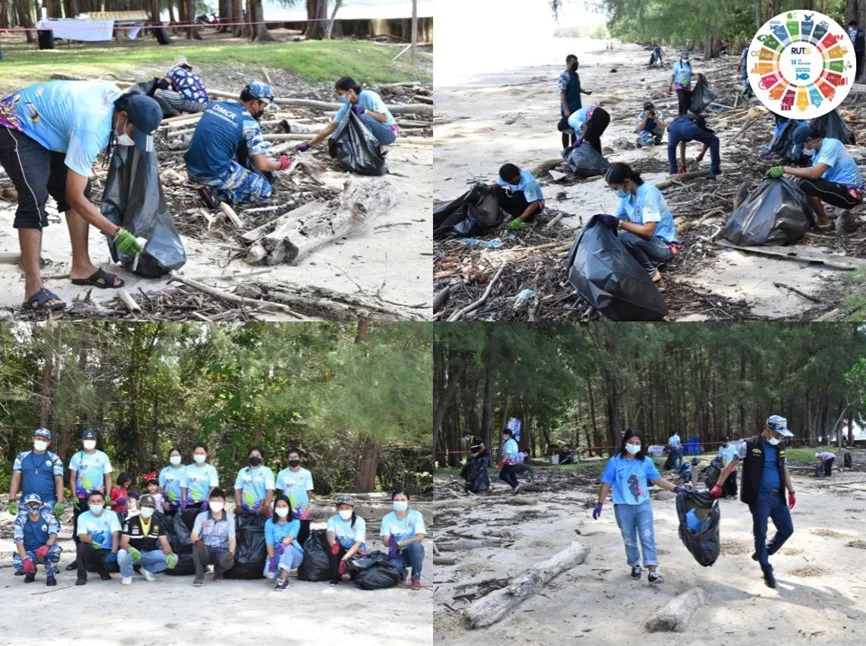
In addition, RUTS has implemented a number of initiatives to reduce plastic waste and marine litter in Trang Province. These initiatives include:
-Conducting research on the sources and impacts of marine pollution in the region.
-Developing and implementing educational programs to raise awareness of marine pollution and its impacts.
-Working with local communities and businesses to reduce their plastic waste.
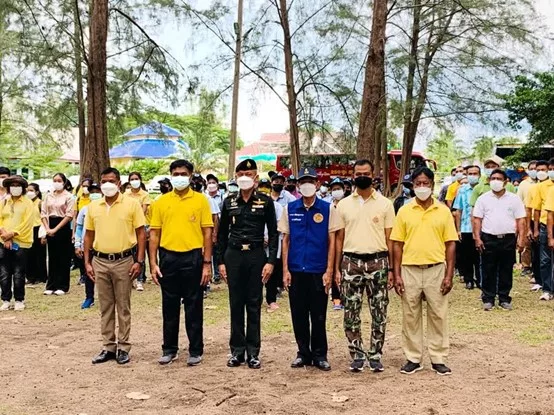
Related Links:
https://statute.rmutsv.ac.th/file/306797.pdf
https://statute.rmutsv.ac.th/file/3718.pdf
https://nrei.rmutsv.ac.th/?q=th/news/604-1661158056-747-220822
https://www.facebook.com/photo/?fbid=743496783359721&set=a.613601556349245
http://trang.rmutsv.ac.th/trang/th/news/2363-1642151795-576-140122
http://mse.fishtech.rmutsv.ac.th/th/news148
https://thainews.prd.go.th/th/news/detail/TCATG220506181339687

